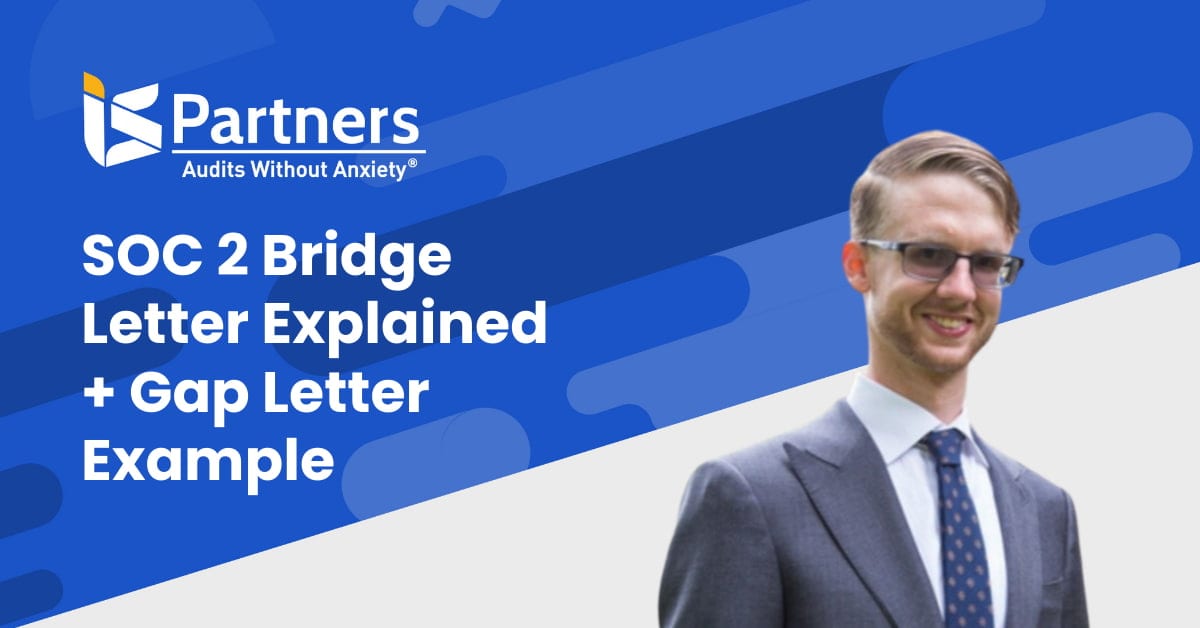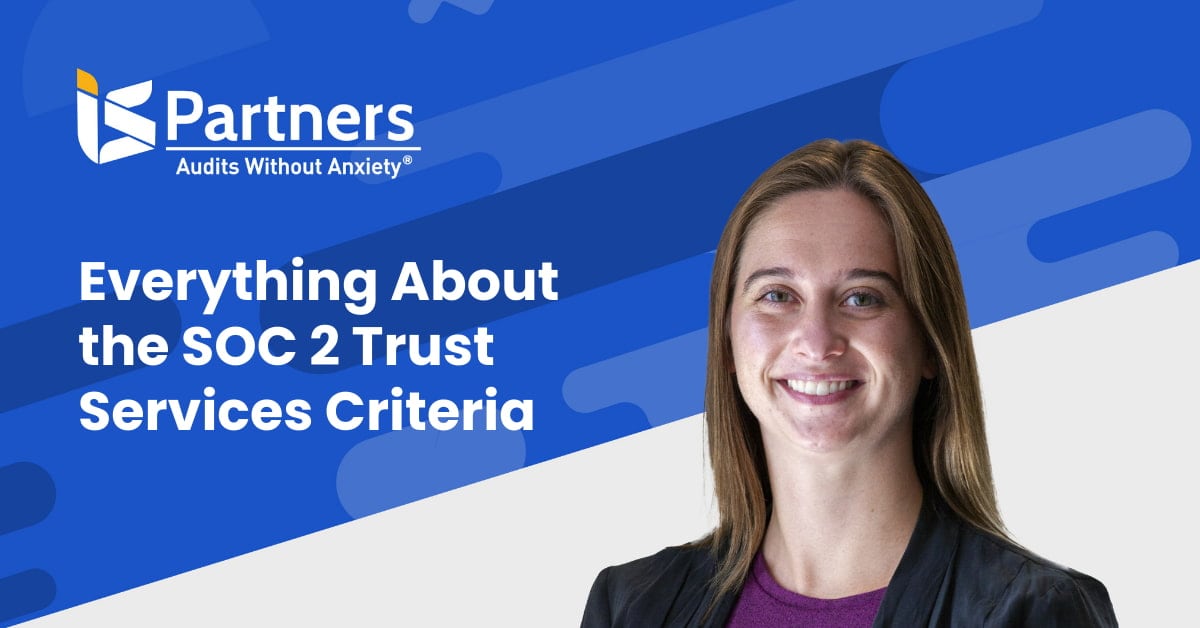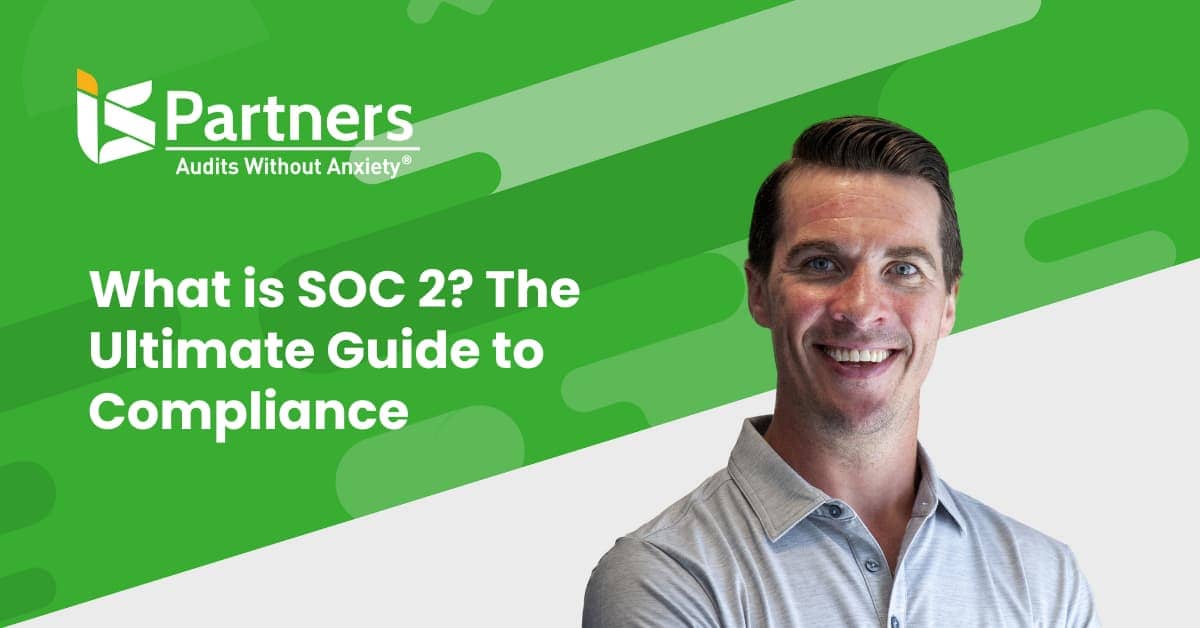What Is the Role of a SOC 2 Auditor?
The role of an auditor in an organization achieving SOC 2 compliance is crucial. SOC 2 auditors are responsible for independently examining and assessing the organization’s systems and controls. They work closely with the organization to plan the audit, understand its systems, and identify key areas to focus on. The auditor then proceeds to test the design and operating effectiveness of the organization’s controls. This typically involves reviewing documentation, conducting interviews, and performing testing procedures to verify that controls are in place and functioning as intended.
The auditor maintains independence, objectivity, and professional skepticism throughout the process. They carefully document their findings and observations, compiling evidence to support the assessment of the organization’s controls. Once the examination is complete, the auditor issues a report summarizing their findings and providing an opinion on whether the organization’s controls meet the criteria outlined in the SOC 2 framework. This report may also include recommendations for improvement.
By fulfilling their role, the auditor helps the organization prepare for an audit and achieve SOC 2 compliance and demonstrate its dedication to data security and privacy. The auditor’s expertise, adherence to professional standards, and unbiased opinion play a vital role in assessing the organization’s controls and ensuring their effectiveness.
What Are the Qualities of a Good SOC 2 Auditor?
The characteristics of a good SOC 2 auditor include having strong teamwork and communication skills, a strong sense of ethics, being inquisitive, detail-oriented, consistent and dependable, proactive, and flexible in adapting to different company setups.
Teamwork and Communication Skills
Strong written and verbal communication and the ability to work well in a team are important for auditors. Actively listening to clients and documenting relevant information helps build trust and a successful audit experience.
Strong Sense of Ethics
SOC 2 auditors must possess strong ethical principles and honesty in their work. They must be able to make unbiased decisions based on careful analysis, without personal interests or favoritism.
Inquisitive
SOC auditors need to be analytical and innovative in finding solutions to problems. Having a questioning mind, professional skepticism, objectivity, and good judgment are important for auditors to effectively review financial statements and design systems that protect an organization’s assets.
Detail-Oriented
SOC auditors should pay attention to detail, understand both the big picture and small details, and be organized in their work.
Consistent & Dependable
Being dependable and trustworthy, meeting deadlines, and protecting confidential information are important qualities for SOC 2 auditors. They should be reliable, prepared, and consistent in their methodology and communication.
Proactive
Beyond reactive reviews, good auditors provide additional valuable information and guidance to clients.
Flexible
Good SOC auditors can adapt to various company setups and develop a tailored audit strategy.
Related article: Who is Certified to Perform a SOC Audit?
Can Any CPA Perform a SOC 2 Audit?
Actually, SOC 2 audits don’t need to be performed by a CPA necessarily. But only a certified public accountant can sign off on a SOC 2 report after the SOC auditor has confirmed that the engaged organization meets the compliance requirements,
Performing SOC 2 audits takes specific knowledge and expertise in attestation and proven understanding of the SOC 2 framework and trust services criteria.
How Is Automation Impacting the Role of SOC 2 Auditors?
Automated tools are impacting the role of SOC 2 auditors by enhancing efficiency and improving management in the audit process. These tools allow organizations to automate the gathering and organization of relevant information, creating reports in the recommended format for auditors. This automation speeds up the audit process, reduces manual interference in documentation, and makes it more transparent and efficient.
The use of SOC 2 software also offers advantages such as centralized documentation organization, improved risk assessments and vendor management, and potential time and cost savings. These automated tools streamline compliance efforts and help service organizations maintain robust security controls within their systems.
Can SOC 2 Tools Replace the Role of an Accredited SOC 2 Auditor?
No, SOC 2 tools cannot replace the role of an accredited auditor. While these tools offer benefits in streamlining compliance processes, there are risks associated with their use. Improper usage of these tools can lead to SOC 2 examinations and reports that fail to comply with professional standards. Risks include incorrect setup or configuration of the tool, overreliance on the tool leading to inadequate control design, and challenges in maintaining compliance with professional standards and ethical rules.
It’s essential to properly manage these risks to ensure a successful and accurate SOC 2 audit process. Accredited auditors are still necessary to provide guidance, prepare for the audit, and perform the actual audit. SOC 2 tools can be used in conjunction with the expertise of certified CPAs to enhance efficiency and clarity in the audit process.
Related article: AICPA Warns Users about the Impact of SOC 2 Tools on Auditors’ Responsibilities.
Get Started With SOC 2 Auditors You Can Trust
Contact I.S. Partners using the form below to get more information.
SOC 1®, SOC 2® and SOC 3® are registered trademarks of the AICPA (American Institute of Certified Public Accountants). The AICPA® Trust Services Criteria for Security, Availability, Processing Integrity, Confidentiality, and Privacy is copyrighted by the Association of International Certified Professional Accountants. All rights reserved.




